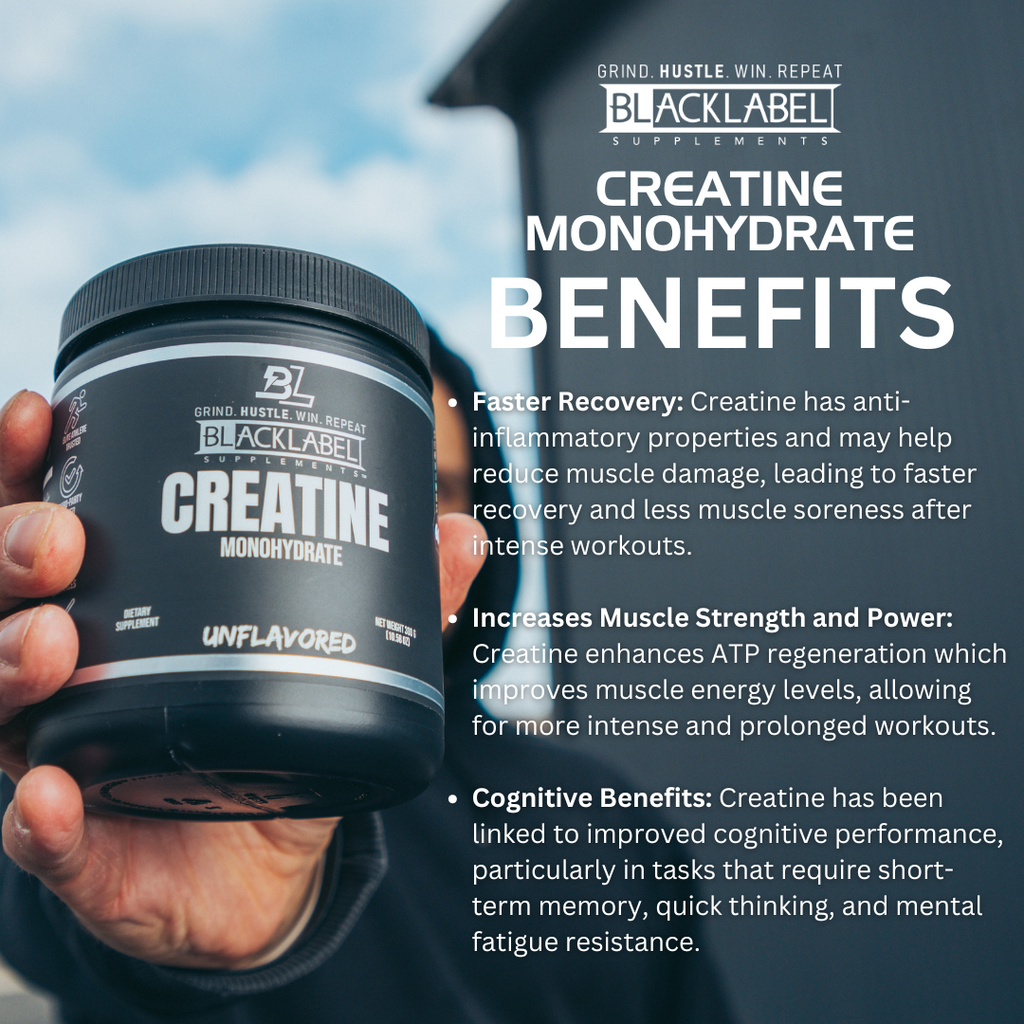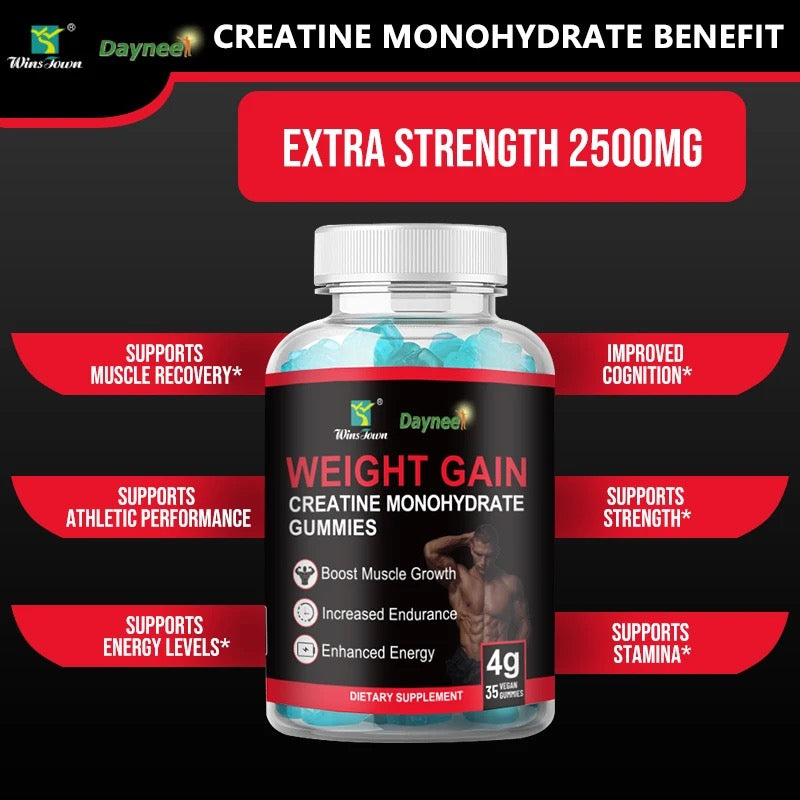Getting My Creatine Monohydrate To Work
Table of ContentsFascination About Creatine MonohydrateWhat Does Creatine Monohydrate Mean?Creatine Monohydrate Things To Know Before You Get This
The crucial takeaway is that An intriguing methodical evaluation concluded a negative relationship between creatine monohydrate supplementation and VO2 max. The writers recognize a risk of prejudice with the research study designs due to a demand for more quality over randomization with virtually all research studies included. Just three of the nineteen researches completely detailed the evaluation of VO2 max - Creatine Monohydrate.
This varies from professional athlete to professional athlete. If weight gain with liquid retention is an issue, stop taking creatine 1-2 weeks prior to racing to balance out liquid retention while keeping raised creatine stores. Some people experience stomach discomfort when taking creatine, such as bloating, cramping, or diarrhea. It is necessary to note that not everybody experiences stomach distress while taking creatine, and it can frequently be handled by readjusting the dosage or taking it with meals, as detailed by the International Culture of Sports Nutrition.
It's recommended to use it in powder type. Worries concerning the long-term effects of creatine monohydrate supplementation on renal (kidney) function have been increased. Research studies done by the International Society of Sports Nutrition and Sports Medicine show that temporary and long-term use of creatine monohydrate within recommended dosages doesn't run the risk of renal function in healthy individuals.
Fascination About Creatine Monohydrate
None of the studies explored triathletes. The damaging impacts reported in the studies related to weight gain. As stated, the majority of the studies site link utilized a higher-dose loading method (20g+/ day) in a brief period that can be balanced out and avoided via a lower dosage (such as 5g/day) for an extensive period.

Let's look at the primary advantages of creatine monohydrate. There is solid, trustworthy research study revealing that creatine improves health and wellness.
The majority of creatine is stored in the skeletal muscle mass in a type understood
as phosphocreatine, or creatine phosphate. Creatine help in the production of adenosine triphosphate, or ATP. Even if they never ever raised a weights, they 'd still benefit from creatine supplements.